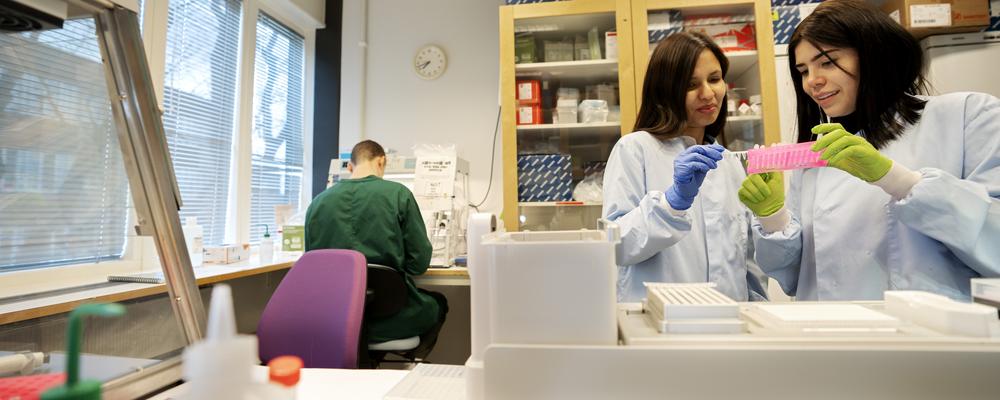
- WP1: Clinical Aspects of Implant-Associated Infections (IAI)
- WP2: Development of Antimicrobial Strategies
- WP3: Biological Performance and Mechanisms
- WP4: Gateway to Industry
- WP5: Training and Career Development
- WP6: Dissemination, exploitation, and communication activities
- WP7: Management
- WP8: Ethics requirements
Work-packages
SHIELD DC is structured in 8 work-packages (WP).
Central to SHIELD’s mission is the training the next generation of scientific leaders. The network will equip 16 Doctoral Candidates (DCs) with multidisciplinary expertise in biomaterials, microbiology, and clinical research. DCs will gain the skills needed to advance infection control and medical device innovation.
WP1: Clinical Aspects of Implant-Associated Infections (IAI)
This work package investigates the clinical challenges of IAIs across orthopaedics, otology, and odontology. It focuses on understanding infection risk factors, improving diagnostics, refining surgical practices, and developing clinical tools to guide treatment and aftercare. Clinical pilot trials will evaluate the most promising therapies and biomaterials developed within SHIELD.
WP2: Development of Antimicrobial Strategies
WP2 is dedicated to designing and engineering advanced antimicrobial materials and coatings for medical implants. These include peptide- and phage-functionalised surfaces, antifouling and contact-killing technologies, and optimised debridement methods. The materials will be thoroughly characterised to ensure functionality and safety.
WP3: Biological Performance and Mechanisms
This work package assesses how SHIELD’s antimicrobial strategies interact with both bacteria and host tissues. It includes the development of standardised in vitro and in vivo models to evaluate biocompatibility, antimicrobial efficacy, and the underlying mechanisms of action. These studies ensure that the materials are safe and effective in realistic clinical conditions.
WP4: Gateway to Industry
WP4 focuses on translating SHIELD’s innovations into real-world applications. It addresses industrial scale-up, regulatory pathways, and commercialisation strategies for antimicrobial implants. Collaborations with industry partners ensure that the technologies meet market and certification requirements.
WP5: Training and Career Development
This work package coordinates the training of SHIELD’s 16 Doctoral Candidates, combining scientific excellence with cross-disciplinary and transferable skills. It includes secondments, workshops, and personalised career development plans, preparing researchers for impactful careers in academia, industry, and clinical settings.
WP6: Dissemination, exploitation, and communication activities
This work package maximizes SHIELD’s impact by promoting research results through open-access publications, international conferences, and dedicated digital platforms. SHIELD will actively communicate science to diverse audiences—including academia, industry, healthcare, and the general public—via tailored content, outreach activities, and media presence. Doctoral Candidates will play a central role in outreach activities, participating in school visits, open lab days, and science festivals.
WP7: Management
This work package ensures the effective coordination and management of all scientific, training, financial and administrative aspects of the SHIELD network. Risk management and intellectual property support are integral components, alongside structured reporting to the European Commission and facilitation of communication across all partners.
WP8: Ethics requirements
This work package ensures that all research activities within SHIELD comply with the highest ethical standards and the specific ethics requirements outlined for the project.